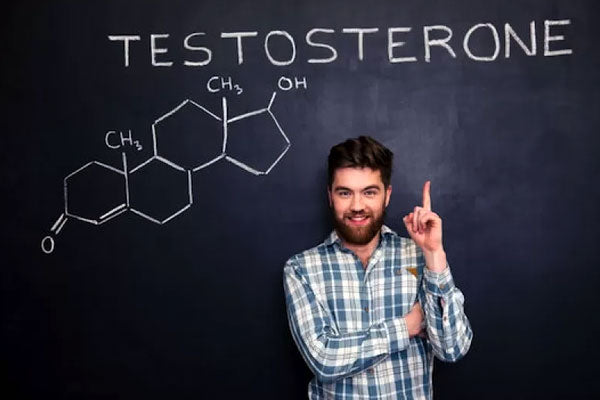Our hormone replacement therapy program is designed to cater to your specific needs and lifestyle. Our dedicated team will collaborate with you to tailor a personalized hormone regimen.
This program includes a blend of bio-identical hormones, comprehensive doctor consultations, and convenient lab work, available either in the office or virtually.


